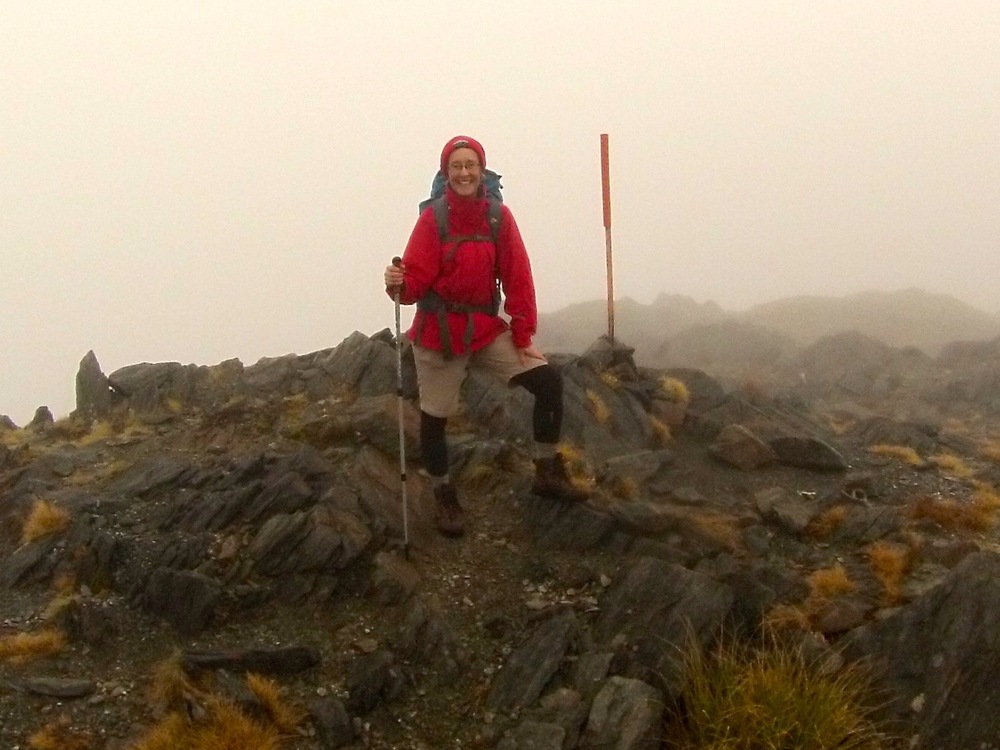“Trust yourself to do the things that only you know best. Trust yourself to do what’s right and not be second-guessed”
Bob Dylan
Trust. It’s the basis of any effective, enduring and positive relationship. It is the human glue that bonds us together, but just like a “Post It Note” can be peeled off and lost in a moment.
Trust is something that has to develop and mature over time. It can’t be bought at a discount on eBay. Nor is it a commodity that can be traded for a result.
Trust is something we often look for in others. We want to interact with those we deem worthy of our trust. But how often do we ask ourselves “Do I trust myself?”
Self trust matters because when you trust in yourself:
- you have the authenticity that draws others to you.
- you recognise your accountability to yourself as well as to others
- you elevate your ability to share your wisdom and your thought leadership with others.
Trusting yourself doesn’t come easy. But without it we reduce our potential for success. Why? Because lacking trust in ourselves means we don’t really believe in who we are or what we are doing. And if we don’t trust ourselves, why should anyone else?
Trusting yourself means you are willing to take a risk and push yourself outside your comfort zone.
It means you are comfortable that the risk may or may not pay off and that’s OK.
Like the time I found myself climbing a mountain pass in the South Island of New Zealand
I have always been afraid of heights. When walking along parapet walls, climbing bell towers or taking the elevator to the top of the Marina Bay Sands Hotel in Singapore, where others are taking in the view or taking photographs, I am the one quivering at the back, drenched in sweat and holding onto the brickwork with my fingernails.
The 3-day tramp involved climbing over the Gillespie Pass that stands at 1649 metres. To achieve that climb I had to decide to trust in my ability to do it. On day two, we found ourselves at the bottom of a goat track marked by red posts leading up a near vertical 500 metres to the top of the Pass. The weather was closing in, but we decided it was safe to proceed.
Climbing up, the path was so steep in places I had to haul my heavy backpack and body up by grabbing onto the wet tussocks clinging onto the mountainside. I knew that if I fell, it would be a long way down before stopping. By then we were climbing in cloud, which provided the advantage that I couldn’t see below us. Slowly, slowly we edged ever upwards and when the wind gusted hard and I felt the panic rising I had to trust in my ability to calm myself down and not “freeze”.

We made it.
At the top, the expectation had been to take in the magnificent view of the aptly named Mount Awful, but as you can see from the photo, the view wasn’t quite as it might have been. I didn’t care because all that mattered was that I had trusted in my ability to deal with my fear and complete the climb.
Self-trust doesn’t come easy and has to be worked on, continuously. (I’m still afraid of heights!)
The benefit being that when you trust yourself, you then have the confidence to deliver what you are truly capable of.
You can develop your sense of self-trust by:
- Being prepared to take a risk to bring about change you want to see. It’s about pushing out of your comfort zone.
- Being prepared to take responsibility for your own actions. It’s about recognising if things haven’t gone to plan and learning from the experience
- Being prepared to listen to others and then make your own decision about the best course of action. It’s about keeping a broad perspective and then moving forward.
- Being true to your beliefs and values. It’s about staying on course to see things through.
- Being gracious in accepting appropriate credit when due and sharing it with those who contributed. It’s about acknowledging your effort to what contributed to the success as well as those who also made it happen.
So if I were to ask you:
How trustworthy do others see you?
How well do you trust yourself?
– as a person?
– as a professional?
What would your answer be?
This week, I’m in London for the Global Trust Conference. So next time I will be sharing with you some of the latest thinking around the neuroscience of trust and trust in the business place.

